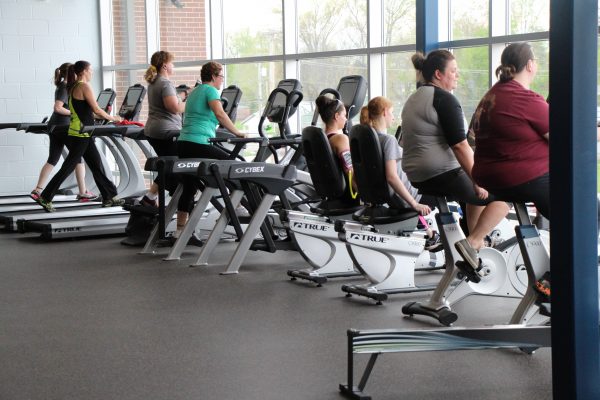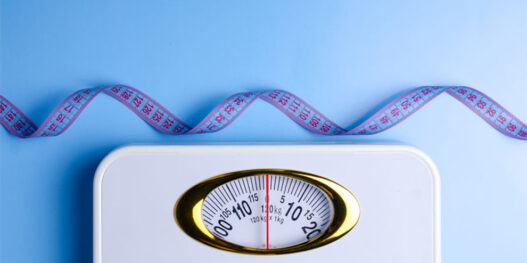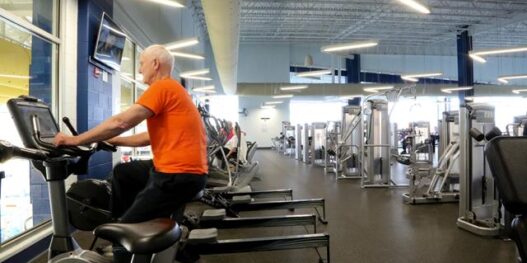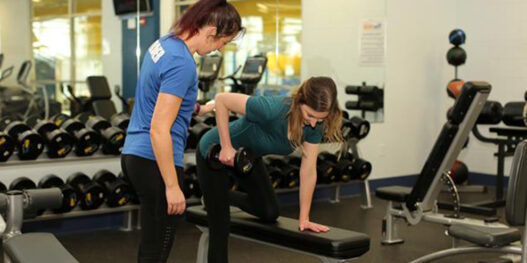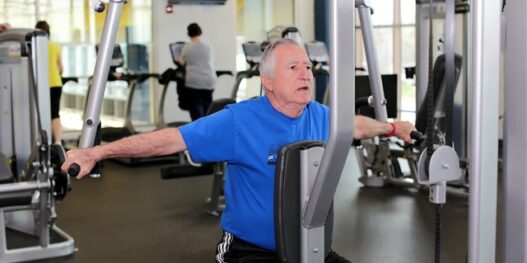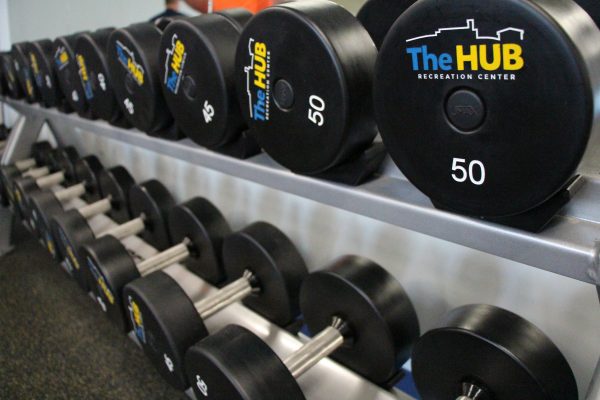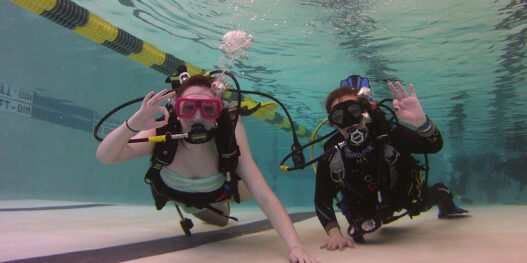What is a Caloric Deficit?
Caloric deficit is a term we often use when we are referring to weight loss. To be in a caloric deficit, you have to consume less calories than your body expends. This is commonly used in a cutting season because most people have a general understanding of what calories are and how they affect the human body.
Three Ways our Bodies Expend Calories
Calories are units of energy that you get from food and beverages.
- Resting Energy Expenditure, these are the calories we burn at rest.
- Thermic Effect of Food, this increases our metabolism to breakdown food and causes calorie burn.
- Activity Energy Expenditure, these are the calories we burn during a workout. Depending on the intensity of a workout, our bodies can typically burn between 500-1,000 calories during activity.
How many calories should you consume?
If you are wanting to start a weight loss program, the first thing you have to do is figure out how many calories your body needs for proper function. We do this by finding our Basal Metabolic Rate (BMR). The BMR calculation will include how many calories you need to consume daily and how many calories you burn at rest.
For example, if your BMR equals 1,500 calories, you now know you need to consume less than that to lose weight without increasing your physical activity. If you increase your physical activity and calorie restrict, you will see weight loss results faster.
BMR Calculation
Men: BMR = 88.362 + (13.397 x weight in kg) + (4.799 x height in cm) – (5.677 x age in years)
Women: BMR = 447.593 + (9.247 x weight in kg) + (3.098 x height in cm) – (4.330 x age in years)
Things to Look Out for While in a Caloric Deficit
Although caloric deficit is a great weight loss method, it is important to understand that you can lose body fat and muscle mass while in a caloric deficit. This is why I prefer to track Macronutrients during a deficit season. Tracking your macros will help you meet your protein needs to keep on muscle mass. It will also help you meet your vitamin and minerals needs to help with immune function, energy production and other functions to maintain health.
Chelsey Greenwood
HUB Sports & Fitness Coordinator


